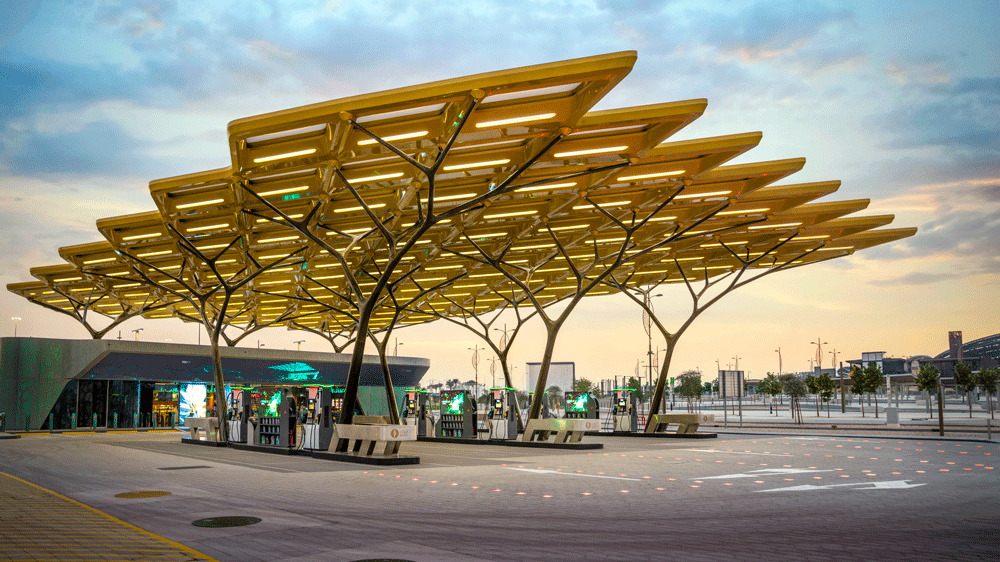Effects of electric vehicles on the future of petrol stations in the German-speaking part of Switzerland

Electric vehicles (EVs) are increasing in numbers and together with the expanding network of charging stations and the ability to charge at home, petrol stations are facing a significant challenge. Petrol stations must react to this upcoming alternative mode of transportation by adapting or even chaning their current business model.
The aim of this bachelor thesis is to explore different future concepts for filling stations and to analyse whether they fit into the Swiss market. Finally, a potentially profitable concept with adaptation possibilities will be presented to the petrol station owners. In order to be able to implement this, the current and future situation of electric vehicles and filling stations was analysed in the literature. The literature shows that the number of EVs will increase steadily and according to the Swiss government, 50% of all new registrations will be electric by 2025. Petrol stations, on the other hand, seem to be losing popularity and the numbers are steadily, if slowly, decreasing.
In order to find out what filling stations of the future could look like and whether concepts from abroad could also work in Switzerland, it was decided to conduct a qualitative empirical study. The sample of interview partners was six people. The interviews were semi-structured, which means that a basic guideline was established for the interviews. This guideline should be followed, but offers the possibility to diverge, which enables a deeper understanding of the subject in certain areas. The six interviewees were then separated into two sub-groups, namely petrol station owners and experts. The petrol station owners possess one or more petrol stations and can observe various data first handed. The experts from various fields such as sales, mobility and politics can provide other perspectives that may agree or disagree with the petrol station owners' statements.
The results revealed some commonalities between the literature and the interview responses. The study shows that factors such as the increasing number of EVs, increased use of public transport and the home office have a negative impact on the business model of petrol stations. The literature and the interviewees see the convenience stores of petrol stations as a great advantage, as they have a wide range of products and can benefit from the long opening hours. In addition, there are other services such as car washing stations that can diversify the service offer.Partnerships also bring immense benefits, as petrol stations can benefit from the knowledge and customer base of other companies. Partnerships with charging station operators would be an option. Service stations could save on the installation costs of expensive charging stations while still meeting the needs of electric vehicle owners. Of course, this depends on the position of the petrol station. Additionally, the introduction of artificial intelligence, which in the future could bind customers more strongly to the petrol stations and entice them with various offers, could bring a major advantage.